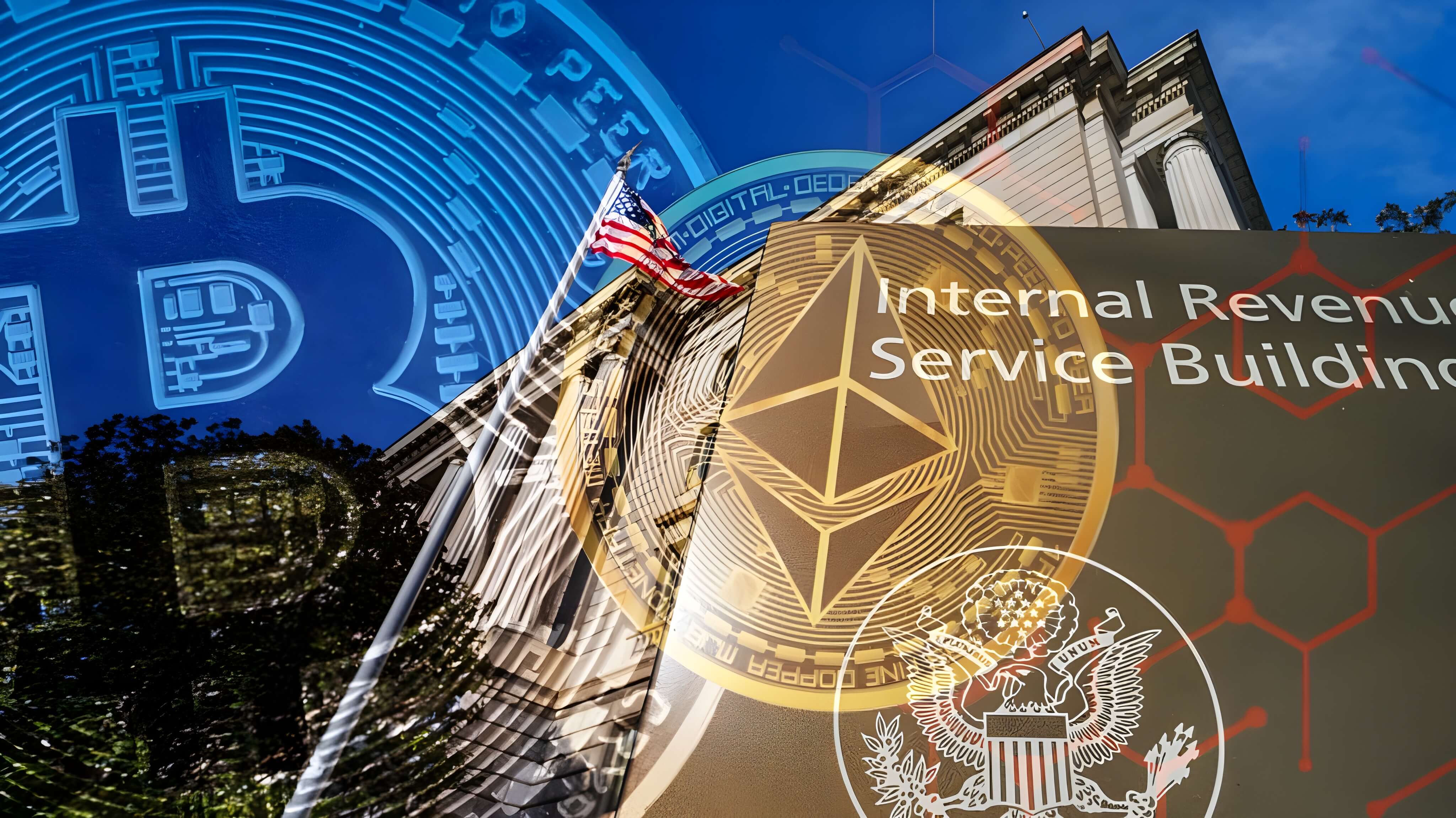IRS Crypto Leadership Exodus Brings Uncertainty Amidst Rising Filing Wave

As the world of digital assets dramatically reshapes global finance, the Internal Revenue Service here in the United States finds itself at a perplexing crossroads. A series of high-profile departures, including the recent exit of Trish Walker, chief of the IRS digital assets office, leaves the agency's leadership uniquely poised for challenge. With crucial tax policies for cryptocurrencies on the horizon, this departure could not have come at a more critical moment.
The buzz in Washington is palpable. For crypto advocates and critics alike, the IRS's management vacuum raises pertinent questions about America's readiness to navigate the digital frontier in taxation. Proponents of cryptocurrency argue that these developments signal potential opportunities for the agency to reimagine its approach to digital taxation altogether. As new tax forms like the 1099-DA prepare to land in millions of inboxes, this could mark a turning point for how digital transactions are perceived and processed.
Yet, there's a flip side to this optimistic narrative. Critics warn that the exodus of experienced IRS personnel spells impending trouble. With over 20,000 employees having already vacated their positions following federal staffing cutbacks, alarm bells ring for those who anticipate a backlog of unaddressed crypto filings come the 2025 tax year. This looming workload crisis seems doubly concerning as taxpayers struggle with ambiguous guidelines on digital asset reporting.
The recent collaborative push by lobbyists to defend software developers from liability raises another layer of complexity, highlighting ongoing legislative tussles. This dynamic landscape has the crypto market on its toes, especially with influential figures like Senator Mark Warner becoming focal points of the debate surrounding developer protections.
Meanwhile, the U.S. Department of Commerce's experimentation with blockchain for releasing economic data and the reduction of the Commodity Futures Trading Commission to a single member signal broader shifts within government interactions with digital technologies. These moves underscore the urgency and the scale of adaption required by federal agencies in response to technological innovations.
Ultimately, the IRS faces a pivotal moment. Will it seize the opportunity to lead in harmonizing the old with the new, or will governmental inertia lead to missed opportunities? That remains the pressing question as the IRS, and indeed the world, grapples with the rapid evolution of digital finance.

